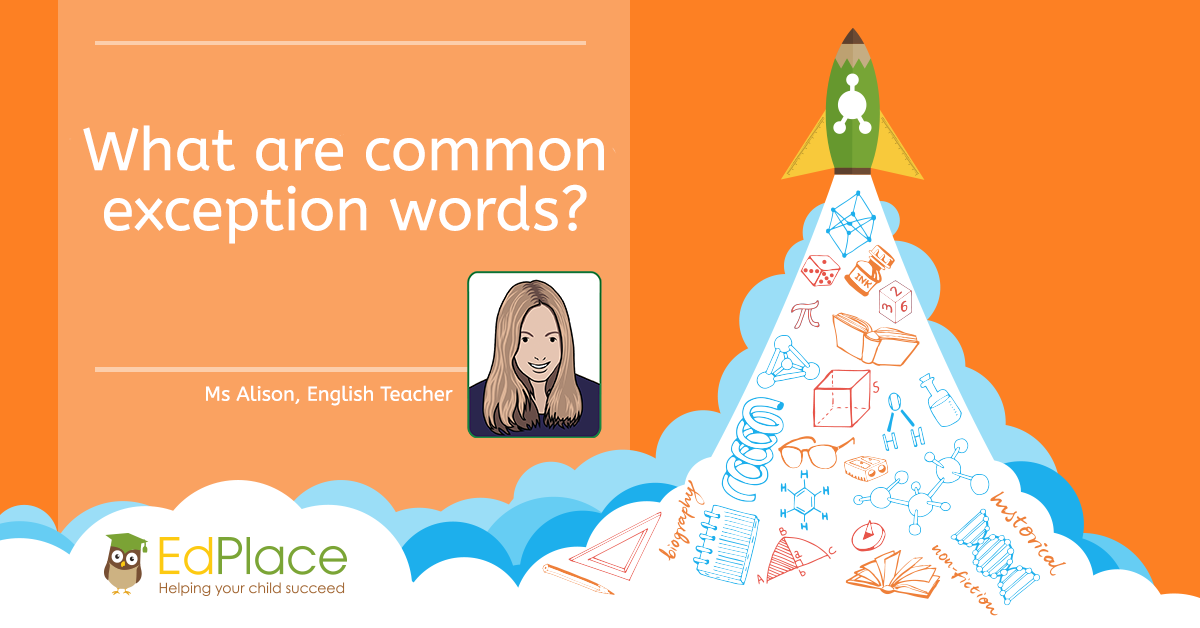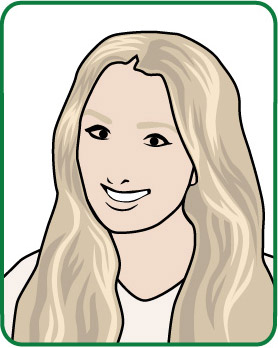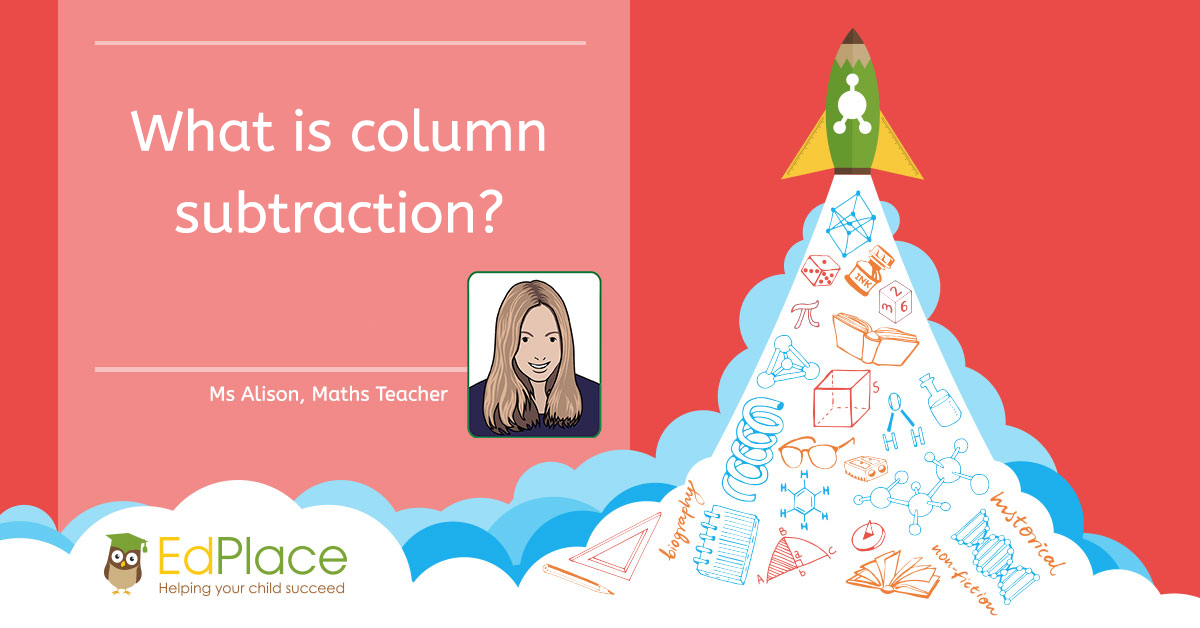What are common exception words?
Sometimes called red words or tricky words, common exception words are rebels. They don’t quite follow the spelling or phonics rules that children are taught in years 1 and 2.
Why is this important? The thing about common exception words is that they're very, well, common! Almost as soon as your child starts to read they will come across them. So, in order to prevent any confusion, we thought we'd help you out with a few strategies to help you.
All you needed? Try our worksheets
Common exception words explained
When teaching children to read, they are first taught the basic letter sounds; c-a-t for example. However, our language is more complex than this, some of our letters have more than one sound and some of our sounds have more than one letter!
In fact, we have over 400 graphemes (sounds) made up by only 44 phonemes (letters or groups of letters). So it’s not surprising that sometimes the letter used (or group of letters) doesn’t always match the sound.
Many of our sound/letter combinations are very common and follow similar rules; ‘ai’ as in pain, brain, main, gain or rain. Sometimes, however, we may see the same letter combination but it makes a different sound; for example, ai can also be seen in ‘said’. In this instance the ‘ai’ grapheme makes an ‘e’ sound! This makes 'said' a common exception word - the way its pronounced doesn’t match the way it is said (pun intended)!
The following table lists the common exception words for year 1 (there are further lists for older children);
| a | the | I | you | said | were |
| are | was | is | his | has | your |
| they | be | he | me | she | we |
| no | go | so | by | my | today |
| here | there | where | do | to | of |
| love | come | some | one | once | ask |
| friend | school | put | push | pull | full |
| says | house | our |
As you can see, we use these words all the time! You’ve probably never even considered them before, but they do not follow the rules that children are taught so carefully in phonics. The letter ‘a’ in ‘was’ for example sounds like an ‘o’, the ‘y’ grapheme in ‘by’ or ‘my’ sounds like an ‘i’. The ‘e’ in ‘they’ sounds like an ‘a’...no wonder our children find it difficult to spell!
Don't panic! All is not completely lost. Many of these words have tricky parts to them, but the phonics rules still apply to most of the word. The ‘e’ in ‘they’ may sound like an ‘a’ but the ‘th’ and the ‘y’ still follow the rules. Once children are alerted and aware of these exceptions they will come across them enough times to very quickly learn them, making them unexceptional after all!
How to help your child to learn common exception words
Often it is just simply a case of learning them. Gently remind your child every time you come across ‘I’, or ‘a’ or ‘you’ and they should soon pick it up.
Some of these words follow a pattern, so you could group them together and teach your child a few at a time; ‘be’, ‘me’, ‘he’, ‘she’ and ‘we’ all have the ‘ee’ sound (it’s just not spelt that way). ‘Come’ and ‘some’ the ‘um’ sound.
Beware of written patterns, however, as they don’t always match the sounds; ‘here’ ‘there’ and ‘where’ do not all have the same sound. ‘Here’ sound like ‘ear’, whilst ‘there’ and ‘where’ sound like ‘air’!
Some children will benefit from matching words to actions or pictures, maybe cut up a pile of cards, postcard size or smaller. Write or type one word from the list above and add a picture or action. Play pairs, spelling games, bingo or ask your child to spell the words as they come to the top of the pile.
Use sticky notes to highlight common exception words in favourite stories or print out a word mat to help your child to spell the words in their writing.
Worksheets and practice
Common exception words are a part of our language and rich heritage and just simply have to be learned, don’t panic though, we at EdPlace are on hand to help and support you and your child with your learning. We have plenty of great worksheets to teach you about common exception words. We’ve listed a few of the most relevant here, but please do browse through our website or search for ‘spelling’ in order to find many, many more resources.
Year 1 – Read and spell common exception words
Year 1 – Spell tricky words 1 2 3
Year 3 – Spell commonly used tricky words
Further learning
If you want to get to grips with common exception words and help to support your child, we have listed below a selection of excellent websites containing information, games and ideas to help you to help your child.
A full list of words Key stage 1:
http://www.woodlands.kent.sch.uk/attachments/download.asp?file=161&type=pdf
Songs and games:
https://www.topmarks.co.uk/english-games/5-7-years/words-and-spelling
http://www.bbc.co.uk/bitesize/ks1/literacy/
http://www.bbc.co.uk/schools/wordsandpictures/phonics/
Wait, don’t go! Keep Learning with EdPlace

AUTHOR, MS ALISON – ENGLISH TEACHER










